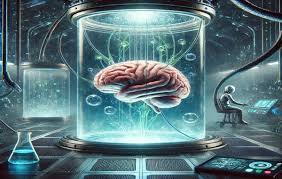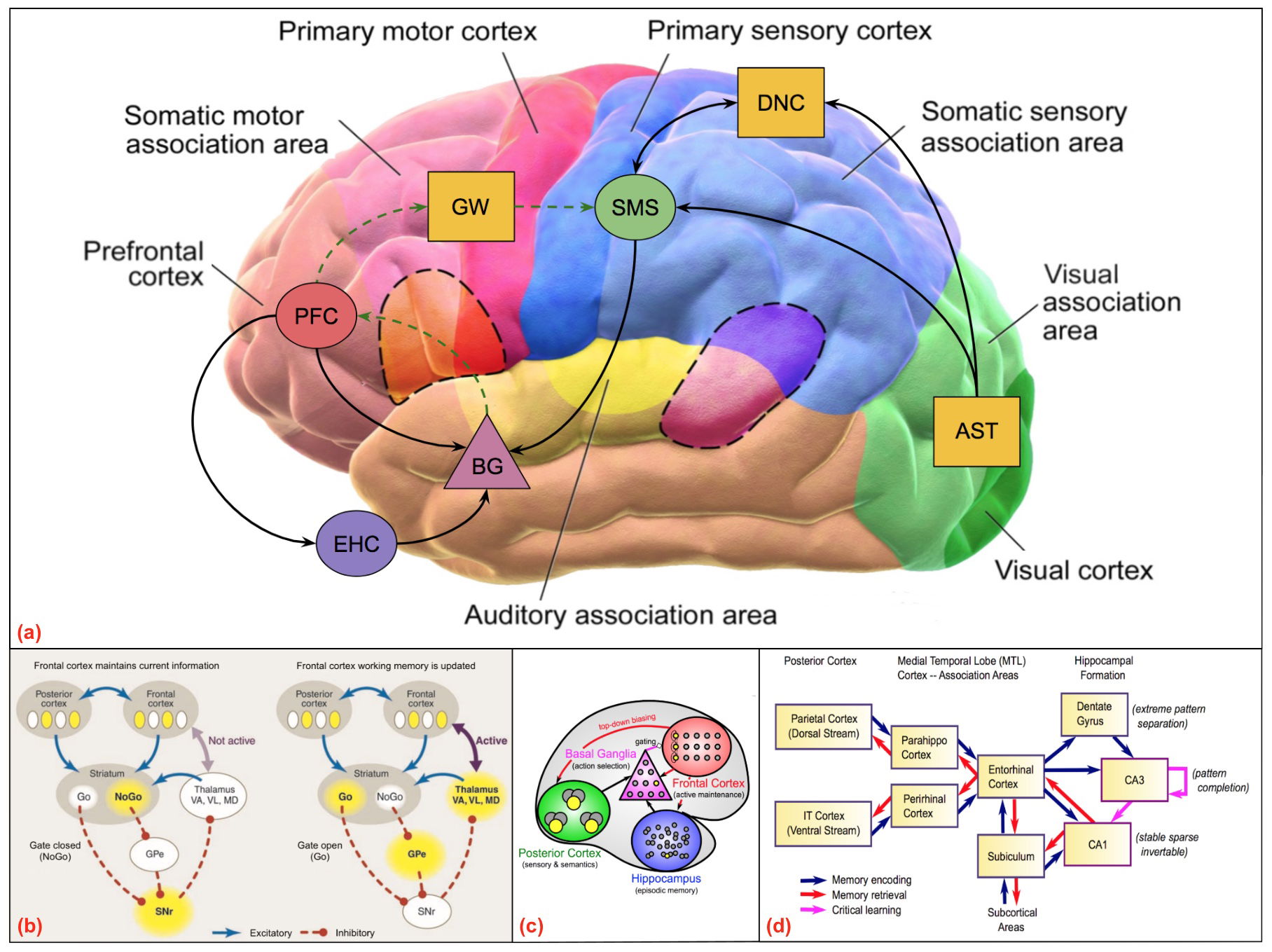For a long time, it was believed that once brain function stopped, there was no way to bring it back. However, groundbreaking research is changing this perception. In a remarkable experiment, neuroscientists have demonstrated that it may be possible to restore activity in a brain that was previously considered non-functional.

Reviving an Inactive Brain: A Landmark Experiment that has Superseeded doubt and Pessimism Superstition.
A team of researchers led by Dr. Mr.Zvonimir Vrselja at the Yale School of Medicine conducted an unprecedented experiment that has amazed the scientific community.
Using a pig’s brain obtained from a slaughterhouse, the team left it without oxygen at room temperature for four hours before attempting to restore its function. This situation would typically lead to permanent inactivity, but the scientists introduced a bold new approach.

Their key innovation was BrainEx, a machine that mimics a life-support system. Instead of using blood, it pumps a specialized fluid enriched with protective chemicals and drugs into the brain. This solution is designed to:
• Prevent oxygen deprivation damage.
• Stabilize cell functions.
• Support cellular structures.
The results were astonishing. The pig’s brain, previously thought to have lost function, began to show signs of activity. The brain’s outer layer turned pink, neurons started producing proteins, and some electrical activity was detected—all functions typically seen in a healthy brain. However, the researchers emphasized that the brain was not conscious, nor did it show signs of organized thought.
Dr. Lance Becker, a critical care and neuroscience expert, described the experiment as “a paradigm-shifting moment”, telling New Scientist, “This result challenges everything we thought we knew about brain functionality.”
Can This Be Done on Human Brains?
Encouraged by their success with pig brains, scientists are now turning their focus to human brains. However, this research brings complex ethical and legal considerations.
One of the biggest concerns is the possibility of accidentally restoring awareness. While the pig experiments were carefully controlled—using sedatives to prevent any signs of perception—human brains present a much greater challenge. If a human brain were to regain any form of awareness, even temporarily, it would raise significant ethical questions.
Legal expert Mr.Hank Greely of Stanford University weighed in, saying, “This is a very complex issue from ethical, legal, and scientific perspectives.” The idea of a partially restored brain presents both exciting and challenging possibilities for future research.

To prevent any unintended effects, researchers have developed methods to ensure that no organized electrical activity occurs during the human brain experiments. According to Dr. Vrselja, they are taking extra precautions to guarantee that the process remains controlled.
What Does This Mean for Medicine with Professionalism?
Inspite its complexity, this research has huge implications for medicine. Scientists are not trying to restore complete function, nor do they plan to connect individuals to BrainEx.
Instead, their goal is to:
• Better understand how brain function can be maintained or revived
• Explore potential treatments for neurological conditions
• Develop therapies for conditions like Alzheimer’s and Parkinson’s
Currently, BrainEx can keep brain cells active for up to 24 hours, providing researchers with a rare opportunity to test new treatments on a functioning but non-conscious brain.
This could lead to groundbreaking advancements in brain injury recovery and neurological disease treatments.
The Future of Brain Function Research;
This research is reshaping how we understand the brain. If brain inactivity is not always permanent, it could open doors to new ways of preserving brain function in critical situations. However, ethical and legal considerations remain at the forefront.
While the idea of restoring brain activity sounds like science fiction, the evidence suggests that it may be more possible than ever before. As scientists push the boundaries of brain research, the potential impact on medicine and humanity could be profound beyond any lackadaisical reasonable doubt with respect and Professionalism.
Kindly,Subscribe with your Valid Email Address and receive Relevant Notifications to your active Device with Professionalism.
Thankyou for the Scheduled Quality Ample Time.
